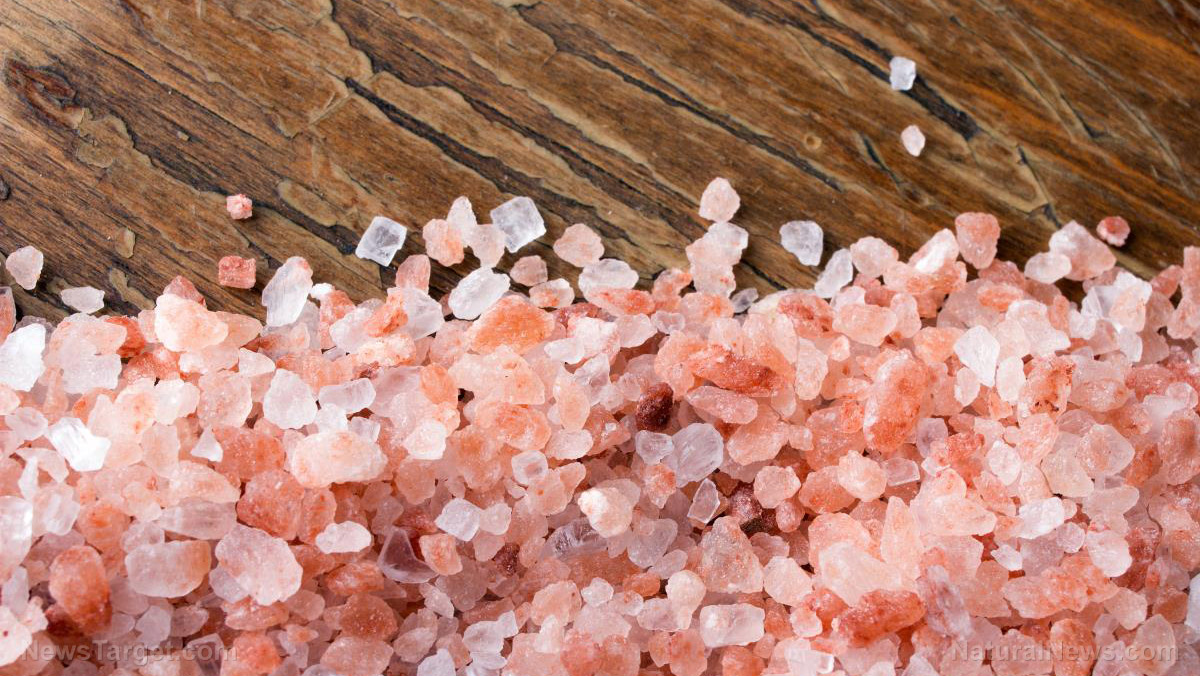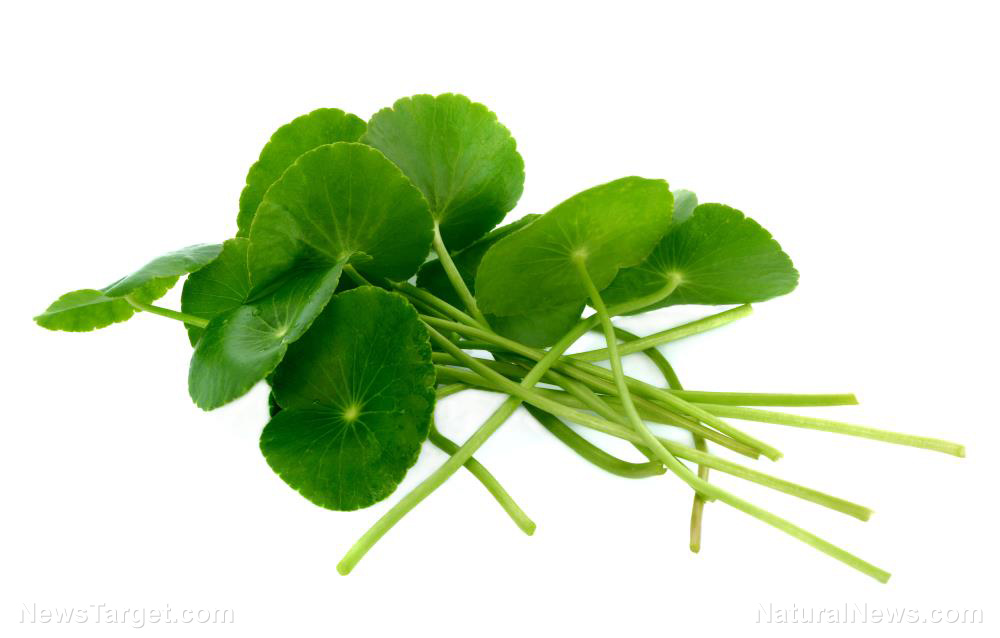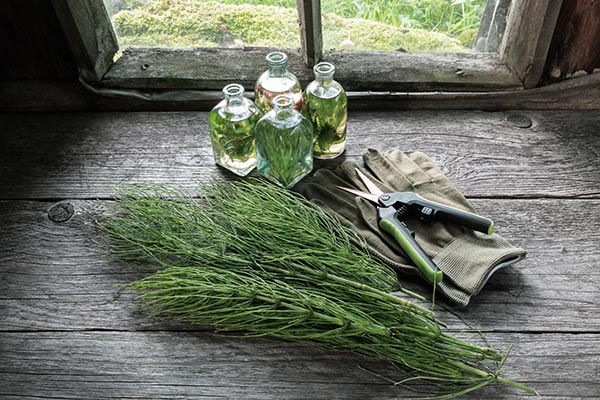Heart-healthy curcumin improves muscle function and increases exercise capacity
03/18/2019 / By Michelle Simmons

Research finds another great benefit from curcumin: It can improve athletic performance in people with heart failure. The study, which was published in the Journal of Applied Physiology, suggests that taking curcumin, the main ingredient in curry, may help enhance muscle function and increase exercise capacity.
For centuries, curcumin, the active ingredient in turmeric, was used in traditional Asian medicine for treating digestive problems and skin wounds. Earlier studies have also shown that the compound may inhibit or reduce muscle loss associated with various health problems, such as heart failure. People with heart failure tend to have a reduce capacity for exercise because their left ventricle — the heart chamber that pumps blood out to the rest of the body — is impaired. (Related: Curcumin is your heart’s best friend: Three ways the compound protects you from life-threatening cardiac events.)
For the study, researchers from the University of Nebraska Medical Center looked at the effects of curcumin on a mouse model of heart failure with reduced ejection fraction. The compound is known to promote activation of Nrf2 protein, which regulates the expression of antioxidant enzymes that prevent and repair damage from oxidative stress and boost exercise performance. They hypothesized that a decline in the normal signaling of this protein may contribute to the impaired expression of antioxidant enzymes. Heart failure is linked to lower than normal expression of antioxidant enzymes in the muscles.
In conducting the study, the researchers gave one group of mice with heart failure curcumin every day for 12 weeks, while another group did not receive any treatment. They also compared the heart failure groups to a group of mice without heart failure, but received curcumin and an untreated control group. In addition, they assessed the exercise capacity of all groups before and after curcumin treatment. To measure enzyme expression levels, they evaluated muscle fiber samples from mice.
The results of the study showed that Nrf2 expression increased and levels of antioxidant enzymes rose in the mice that received curcumin, even those without heart failure. Curcumin treatment also improved exercise capacity. These findings indicate that the effects of curcumin on skeletal muscle are also effective in healthy subjects. From these findings, the researchers concluded that curcumin may be used as a natural treatment to improve exercise capacity and quality of life in people with heart failure.
Curcumin as a post-workout supplement
Curcumin can also be a great workout supplement for everyone. Studies have shown that taking curcumin can help reduce muscle soreness after high-intensity training due to its powerful antioxidant and anti-inflammatory effects.
In one study, researchers examined the effects of oral intake of curcumin on delayed onset muscle soreness (DOMS), the pain and stiffness felt in muscles several hours to days after an unfamiliar vigorous exercise. They gave participants curcumin or placebo two days before to three days after an intense workout. The results showed that curcumin intake caused moderate to large reductions in muscle pain one to two days after exercise; reduced pain on walking downstairs; and enhanced muscle performance.
Another study compared the effects of curcumin with placebo on muscle damage of healthy male participants after performing a 45-minute downhill running race. The researchers found that consuming one gram (g) of turmeric twice a day led to reduced muscle injury, less pain in the lower legs, and decreased systematic inflammatory response compared to placebo.
Learn more about the health benefits that curcumin offers by visiting Turmeric.news.
Sources include:
Submit a correction >>
Tagged Under:
alternative medicine, antioxidants, curcumin, exercise, exercise capacity, exercise performance, food as medicine, food science, foodcures, heart failure, herbal medicine, Herbs, muscle function, natural cures, natural healing, natural medicine, natural remedies, research, Spices, turmeric
This article may contain statements that reflect the opinion of the author
RECENT NEWS & ARTICLES
COPYRIGHT © 2017 NATUROPATHY NEWS





















